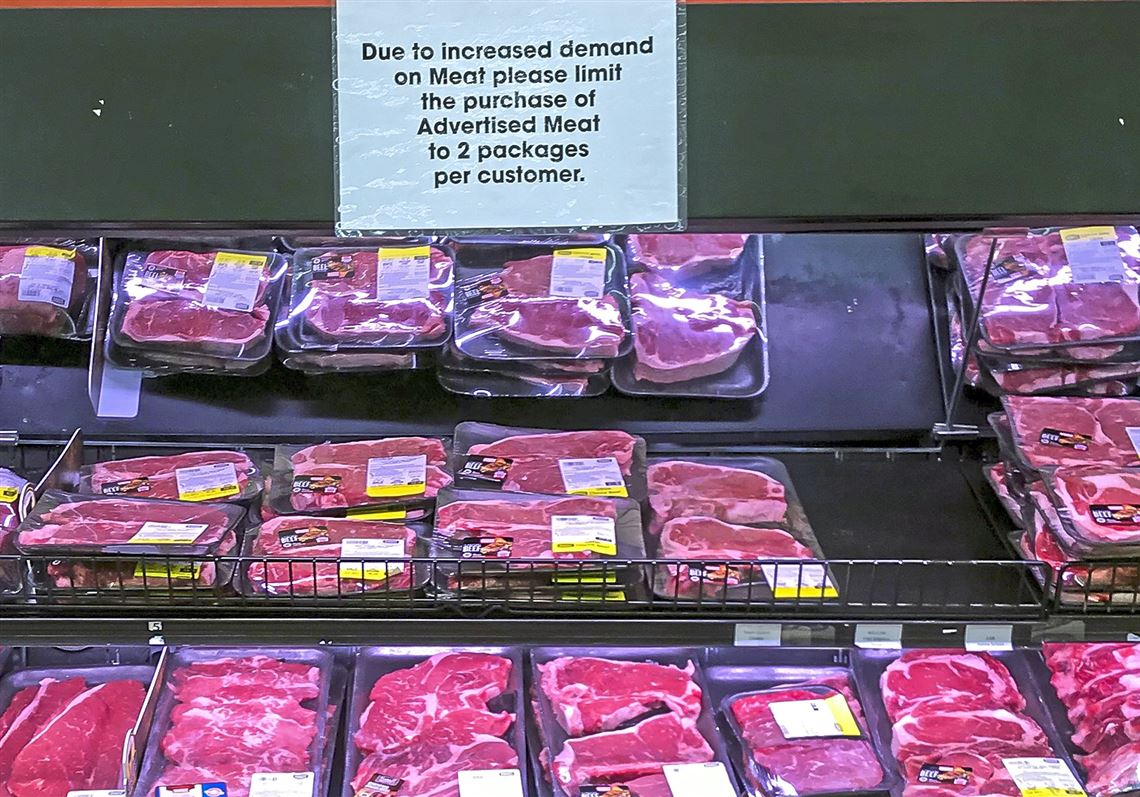This letter to the editor appeared in the Pittsburgh Post-Gazette on May 6, 2020.
As slaughterhouses shutter, meat cases may start looking quite different, with empty shelves and fewer options (May 5, “Region’s Grocery Stores Set Limits on Meat Sales”).
Yet this impending “meat shortage” isn’t a crisis. It’s an open door for an important shift, one that’s been underway for the past decade.
Long before COVID-19, a deep crisis was brewing within industrialized animal agriculture. As Americans, we’ve been fed a harmful story: that animal products are the default protein.
To fuel our animal protein obsession, the industry has crammed animals into tighter cages and sheds, creating a perfect breeding ground for pathogens; raced them down slaughter lines at an increasingly reckless pace; and trampled on underpaid employees in one of the most dangerous workplaces in America, according to the National Employment Law Project.
Meanwhile, a growing group of consumers is waking up to the meat industry’s deception and changing course, seeking a kinder, sustainable source of protein: plants. Between 2012 and 2018, products labeled as plant-based shot up by 287%. And earlier this year, a survey revealed that over 90% of people were open to eating more veggies.
Now, as the meat industry cracks under pressure and quarantined shoppers seek innovative at-home alternatives, we’re finding that plant proteins are plentiful — and delicious. One bean company recently reported a 400% jump in sales, propelled by the stockpiling of nourishing staples that can be integrated easily into any recipe.
This pandemic has revealed that our broken food system is ripe for transformation. And, collectively, Americans are responding by embracing a new default, one that’s been here all along: plant protein.
LAURA LEE CASCADA
Portsmouth, Va.
The writer is the director of campaigns at the Better Food Foundation.
First Published May 6, 2020, 12:00am
